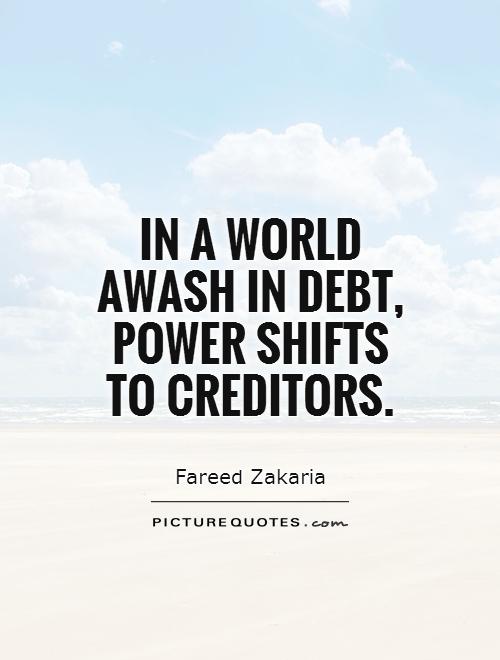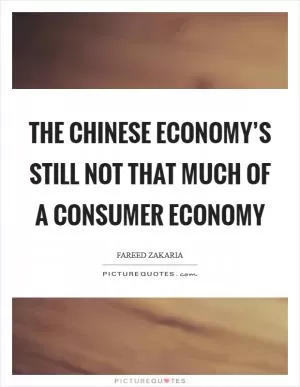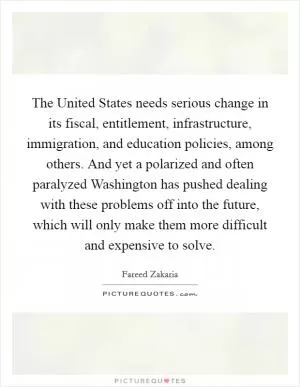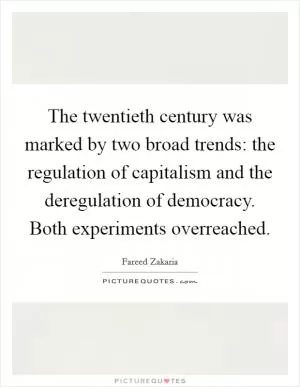In a world awash in debt, power shifts to creditors

In a world awash in debt, power shifts to creditors
Fareed Zakaria, a renowned journalist and political commentator, has often discussed the implications of the world's increasing debt levels on global power dynamics. In his analysis, Zakaria argues that as countries become more indebted, their ability to make independent decisions and exercise sovereignty diminishes, leading to a shift in power towards creditors.One of the key points Zakaria makes is that countries that are heavily indebted to foreign creditors, such as China or the United States, are often forced to make concessions in order to service their debt. This can manifest in a variety of ways, from implementing austerity measures to appease creditors to making policy decisions that prioritize debt repayment over the needs of the population. In essence, the more indebted a country becomes, the more leverage creditors have over its decision-making process.
Furthermore, Zakaria highlights the fact that as debt levels rise, countries become increasingly vulnerable to economic shocks and external pressures. This can lead to a loss of autonomy and sovereignty, as countries are forced to rely on external assistance to stabilize their economies and avoid defaulting on their debt obligations. In extreme cases, countries may even find themselves at the mercy of their creditors, who can dictate terms and conditions that are not necessarily in the best interests of the debtor nation.
Moreover, Zakaria points out that the power dynamics between creditors and debtors are not limited to the realm of international relations. Within countries, individuals and businesses that are heavily indebted to financial institutions also experience a loss of power and autonomy. As debt levels rise, creditors gain more control over the debtor's assets and resources, which can lead to a cycle of dependency and vulnerability.












 Friendship Quotes
Friendship Quotes Love Quotes
Love Quotes Life Quotes
Life Quotes Funny Quotes
Funny Quotes Motivational Quotes
Motivational Quotes Inspirational Quotes
Inspirational Quotes